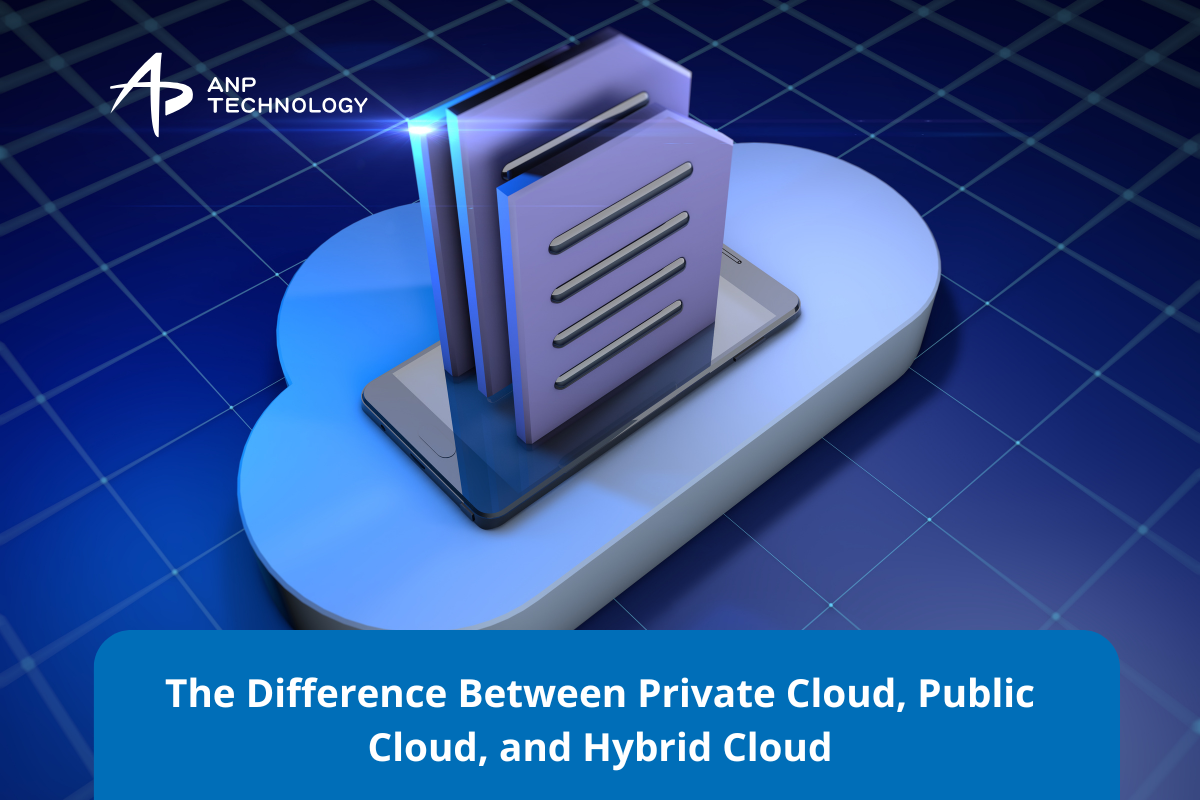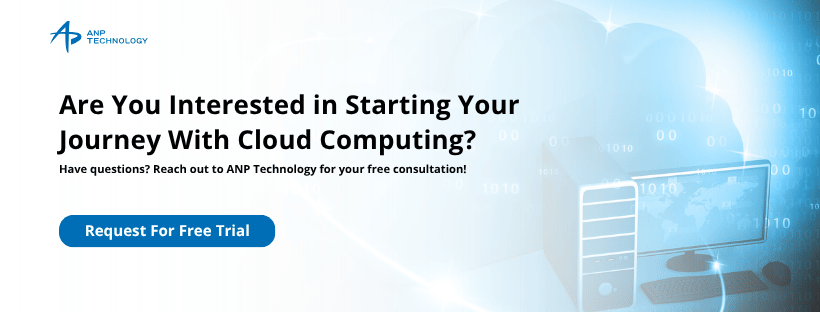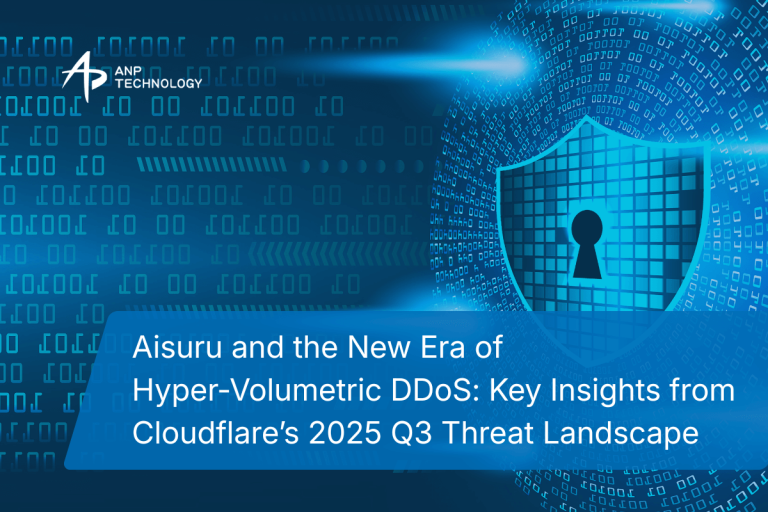
Cloud computing has transformed the way companies manage their technology infrastructure. Three main models used in cloud computing are Private Cloud, Public Cloud, and Hybrid Cloud. Each of these models has distinct characteristics, offering different advantages and challenges.
In this article, we will discuss the differences between these three cloud models, as well as their benefits and challenges, to help you choose the one that best fits your business needs.
What is Cloud Computing?
Before diving into the details, let’s first understand what cloud computing is. Cloud computing is an internet-based service model that allows individuals or organizations to access and store data, run applications, and use other computing resources without needing to own or manage physical infrastructure themselves. Cloud computing offers flexibility, scalability, and cost savings, enabling companies to focus on innovation without worrying about managing technology.
However, there are different models of cloud services, known as Private Cloud, Public Cloud, and Hybrid Cloud. Each of these offers its own advantages, depending on the specific needs of the company.
1. Private Cloud
A Private Cloud is a cloud computing model that provides infrastructure and cloud services dedicated entirely to one organization. With a private cloud, a company has full control over its cloud resources, either hosted within its own data center or managed by a third-party provider. Private cloud is often used by companies that require higher security levels or have specific needs related to data and compliance.
Benefits of Private Cloud
- Security and Full Control: Private cloud gives businesses complete control over their data and applications. This is crucial for companies handling sensitive data or those bound by certain regulations like GDPR or HIPAA.
- Customization: Companies can tailor the cloud infrastructure and services to meet their specific needs, offering more flexibility in resource management.
- Isolation: Since the cloud is used only by one organization, there’s no resource sharing with other users, which improves security and performance.
Challenges of Private Cloud
- High Cost: Building and managing a private cloud requires significant investment in hardware, software, as well as operational costs for maintenance and management.
- Complex Maintenance: Private cloud requires skilled internal IT staff to manage, maintain, and optimize the infrastructure.
2. Public Cloud
A Public Cloud is a cloud computing model that provides infrastructure and cloud services managed by a third-party service provider, such as Amazon Web Services (AWS), Microsoft Azure, or Google Cloud Platform (GCP), Tencent Cloud. These services are used by multiple organizations and individuals who share the same infrastructure.
Benefits of Public Cloud
- Lower Costs: Because resources are shared among many users, operational costs are typically lower. Users only pay for what they use, making it more cost-effective, especially for small and medium-sized businesses.
- High Scalability: Public cloud allows businesses to easily scale up or down based on demand. Service providers offer elasticity that allows real-time resource adjustments.
- Minimal Management and Maintenance: Public cloud providers manage all aspects of the infrastructure and maintenance, enabling businesses to focus on business development and operations without worrying about technology upkeep.
Challenges of Public Cloud
- Security and Compliance: Since resources are shared with other users, some businesses may have concerns about data security and control. Public cloud may not be suitable for organizations that handle highly sensitive data or are subject to strict regulations.
- Limited Customization: Public cloud resources are standardized and cannot be fully customized to meet specific business needs.
3. Hybrid Cloud
Hybrid Cloud combines elements of both private and public clouds, allowing data and applications to be moved between them. This model provides greater flexibility in choosing where data or applications should be stored or run, depending on the sensitivity of the data and computing requirements.
Benefits of Hybrid Cloud
- Flexibility and Scalability: Hybrid cloud allows businesses to take advantage of both—private cloud’s security and control, and public cloud’s elasticity and lower costs. Businesses can choose where to store or run data and applications based on their specific needs.
- Better Security: Companies can store sensitive data in the private cloud for added security while running less-sensitive or scalable applications on the public cloud.
- Cost and Resource Optimization: Hybrid cloud allows companies to leverage public cloud resources for temporary or unpredictable workloads while keeping critical applications and data in the private cloud.
Challenges of Hybrid Cloud
- Complex Management: Hybrid cloud requires more complex management, as companies need to handle both types of cloud infrastructure—private and public.
- Complex Integration: Synchronizing and integrating data and applications between public and private clouds can be a technical challenge, requiring the right tools and solutions to ensure smooth operation.
Read More : 5 Best Cloud Providers in 2025: Choosing the Right Cloud Services
Comparison: Private Cloud vs Public Cloud vs Hybrid Cloud
| Feature | Private Cloud | Public Cloud | Hybrid Cloud |
| Security | High security, full control over data | Standard security, shared resources with other users | Combination, with sensitive data in private cloud and other apps in public cloud |
| Cost | High cost due to infrastructure investment | Lower cost, pay-as-you-go model | Varies, depending on the combination of usage |
| Control | Full control over infrastructure | Limited control over cloud resources | Separated control, with flexibility between both |
| Scalability | Limited by internal infrastructure capacity | Highly scalable, can easily increase with demand | Flexible, with additional resources available from the public cloud when needed |
| Maintenance | Managed internally, requires skilled IT staff | Managed by the provider | Requires maintenance for both infrastructures |
Conclusion
Choosing the right cloud model depends on your business needs. If you require maximum security and full control over your data, private cloud might be the best choice, though it comes with higher costs. If you prioritize lower costs and ease of management, public cloud may be more suitable, especially for small and medium-sized businesses. On the other hand, if you need a combination of flexibility, scalability, and security, hybrid cloud offers the best of both worlds.
Each cloud model has its advantages and disadvantages, so it’s important to assess your business’s needs before making a decision. With a clear understanding of the differences between private cloud, public cloud, and hybrid cloud, you’ll be able to make an informed choice that supports your business’s future growth.

We hope this article helps you understand the differences between Private Cloud, Public Cloud, and Hybrid Cloud, and how to choose the right model for your business. ANP Technology is Google Cloud Partner & AWS Partner in Australia. Feel free to contact ANP Technology if you need any assistance!



